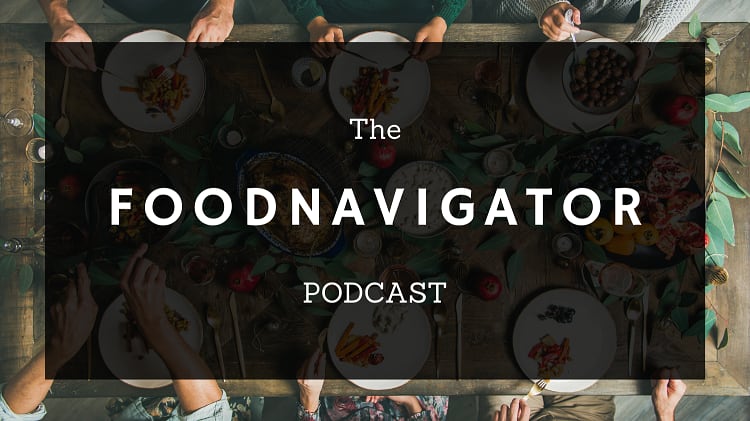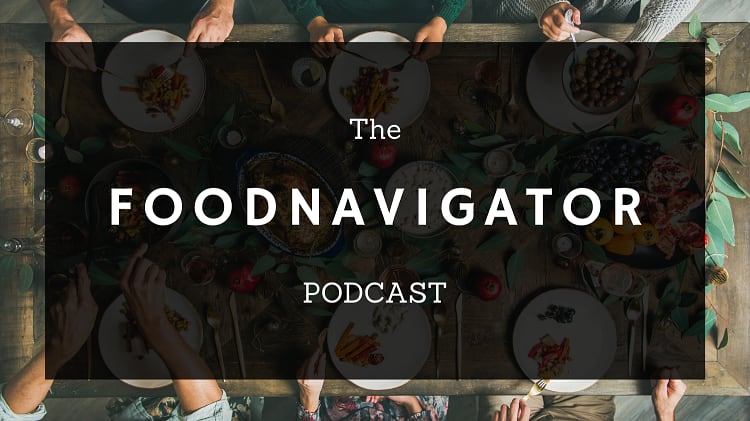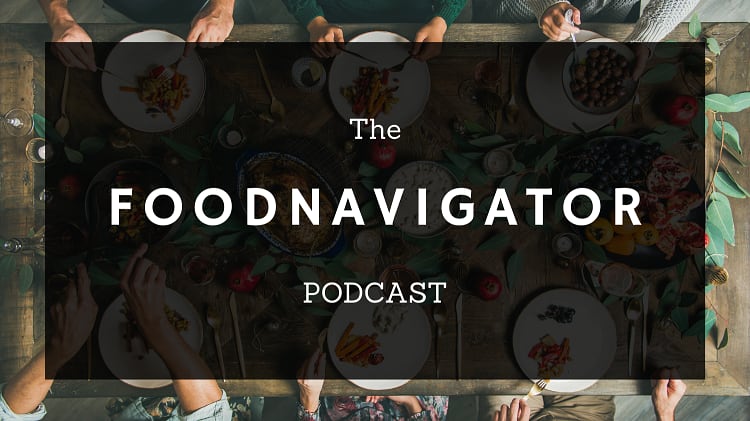Consumers and brands have long been interested in ‘clean’ ingredients lists, which traditionally, means avoiding ingredients or additives perceived to be unnatural or artificial.
However, without an official definition, the ‘clean label’ trend is evolving. FoodNavigator investigates how.
The confluence of ‘clean and green’
Producers tend to favour claims that are linked to consumer perception of a ‘clean’ product.
This means that claims such as ‘no artificial flavours’ or ‘no high fructose corn syrup’ are sought after by manufacturers, explained Emma Schofield, Associate Director, Global Food Science, Mintel.
At the same time, consumers are increasingly associating ‘clean’ and ‘natural’ attributes with planetary health. According to Mintel research, 56% of US consumers believe ‘natural’ or organic foods are safer for the environment than conventional foods, with 61% agreeing they are healthier.
“The confluence of ‘clean’ and ‘green’, or of human and planetary health, can help to form the next generation of ‘clean label’.”
Newer spins on the ‘clean label’ trend have also been observed by the market research firm. A growing number of products are carrying free-from claims, such as gluten-free, dairy-free, or soy-free. These, explained the associate director, are being associated with the ‘clean label’ trend because more and more consumers are embracing these diets as a lifestyle trend, rather than because of a medical need.
And of course, minimal ingredients can also be favoured by brands looking to appeal to health-conscious consumers.
Back in 2018, for example, Arla Foods launched a two-ingredient yoghurt product into the German market. Arla's Bio Nur yoghurt was the ‘first of its kind’ for the company, and contained only yoghurt (75%) and organic fruit (25%).
This product ‘very strongly’ aligns with consumer interest in short, simple and ‘clean’ ingredients lists, stressed Schofield.
What does ‘natural’ mean?
With so much talk of ‘natural’, and its place within the ‘clean label’ trend, we caught up with consumer group Safe Advocacy Food Europe (SAFE).
SAFE has long been advocating for an official definition of ‘natural’ to enter EU law. The current lack of definition, explained SAFE Secretary General, Floriana Cimmarusti, is ‘enormously’ impacting consumers.
“Everything is based on trust. When we go and buy products, it is written that it is 100% natural, we are convinced it to be true. To find out that is not the reality, and that there is no definition of natural, can really impact European consumers.”
Of course, not all product labels are misleading. SAFE believes those carrying ‘natural’ messaging, and which contain no synthetic ingredients, should be allowed to stand out on-shelf.
“Those industry [players] need to have the opportunity to use that food labelling, because it is correct,” argued Cimmarusti. “The consumer needs to know, and needs to buy those products if for them, it is important.”
Demystifying labelling for consumers
From differentiating ‘natural’ from synthetic and minimally processed from ultra-processed, identifying truly ‘clean’ labels can be a minefield for consumers.
Back in 2017, French start-up Yuka sought to help shoppers to better understand the health profile of food products. Using the Yuka smartphone app, consumers scan the barcodes of food products, which then rates the item and offers detailed information to help consumers understand the ‘healthiness’ of each product.
Where a product is deemed to have a negative impact on the consumer’s health, the app recommends a healthier alternative.
“Consumers are really concerned about the relation between food and their health,” explained Yuka co-founder François Martin. “That is really the starting point of Yuka: they are concerned about sugar…salt and additives,” he told us.
Since launching, Yuka has observed a flurry of reformulation efforts. And while unable to confirm the app influenced such efforts, some manufacturers have suggested a link.
“Every day we see a lot of products being reformulated. We don’t know exactly if it’s thanks to Yuka, but we have seen a big trend over the last five years, at least in Europe, where we see that manufacturers and brands are improving their composition and some have told [us] that it was thanks to Yuka.”
Increasingly, Yuka is incorporating the sustainability credentials of a product into its platform, the co-founder explained. Last year, the start-up launched an environmental impact score within the app, which evaluates a product’s impact on CO2e, water, and soil toxicity, amongst other parameters.
The company hopes to expand the environmental ranking feature into other countries from next year.




